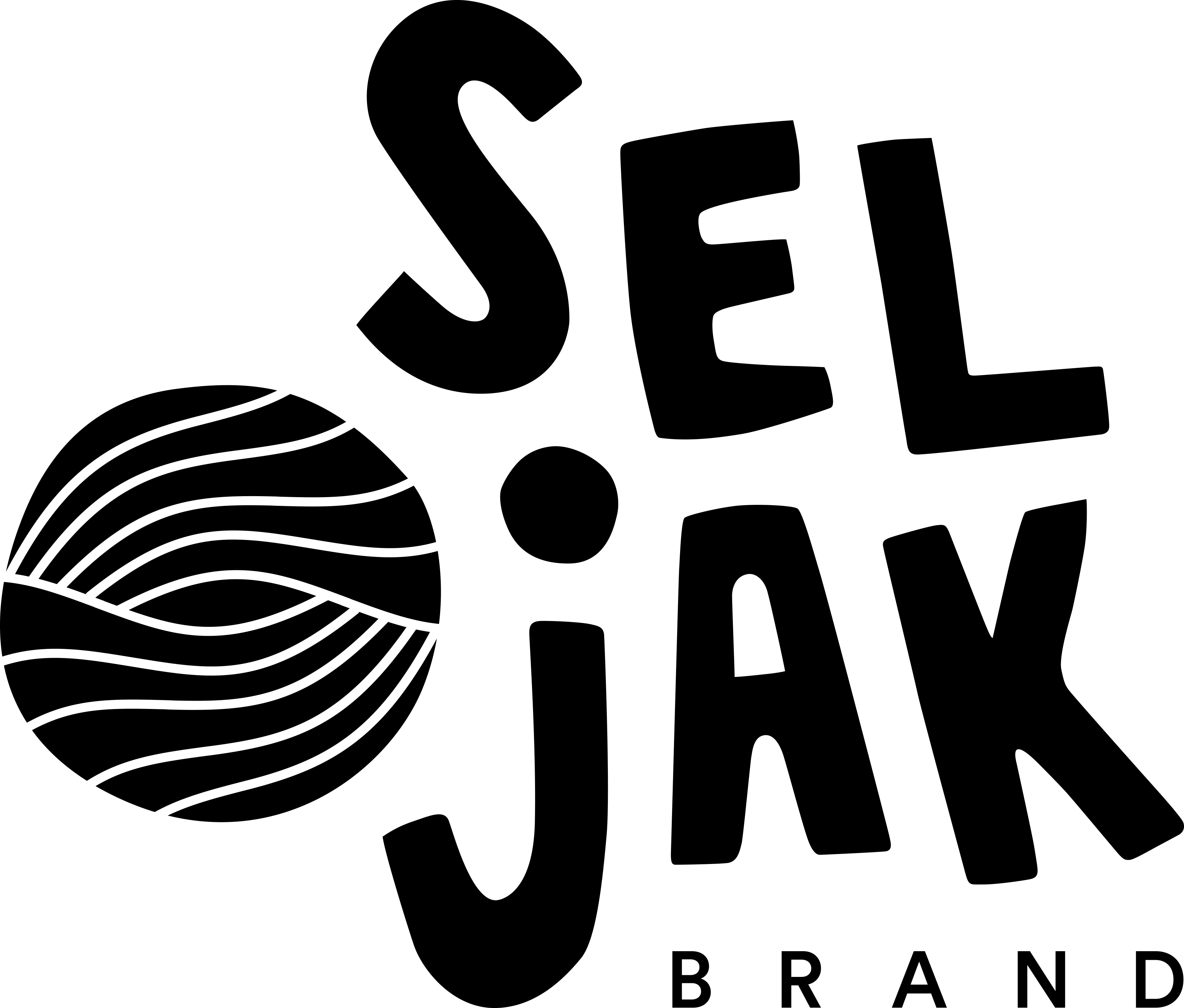
Sophie Zepnik and Anna Souvignier are using offcuts from foam production of mattresses and furniture to make yoga mats. Originally hailing from Germany, the pair met while studying in Spain and went on to pursue sustainability studies in Malmö, Sweden. It was here that they were confronted with the idea that most yoga mats are made using unsustainable practices and that many of the mats produced from natural materials involved deforestation for plantations or exhaustive resource use. As keen yogis, this didn't sit well with them and the vision for a closed loop yoga mat was born!
Sammy had a chat to the hejhej-mats founders to understand how they started, what drives them and their closed loop goals for hejhej.
Tell us about hejhej-mats. How did the idea develop?
We came up with the idea for our closed-loop yoga mats during an art exhibition in Gothenburg. Since both of us, Anna (25) and Sophie (24), did our Master’s Programme in Leadership for Sustainability in Malmö, we had the chance to travel around this beautiful country. We love Swedish museums and the Rödasten Konsthall in Gothenburg inspired us for our start-up hejhej-mats. When we visited the museum, the Turkish artist, Pinar Yoldas, showed an art exhibition about global warming and growing consumerism. She criticised yoga practitioners who believe they live a sustainable lifestyle but practice yoga on an environmentally unfriendly yoga mat. Since both of us love to practice yoga and felt we lived quite sustainably, we felt touched because both of us have never thought about our yoga mats. From this day on we have been working on hejhej-mats day and night. We have put all our time, effort and resources into our sustainable enterprise and into developing a yoga mat which consists out of recycled materials and which can be recycled at the end of its lifespan.
Why did you chose to use a closed loop model for production?
We believe that our future needs to be circular. Closed-loop production is, in our understanding, the highest level of sustainability and the most promising approach. There are certainly other possibilities – for yoga mats it would be to use of natural materials such as natural Kautschuk (rubber). However, the growing demand of Kautschuk leads to the cutting down of forests for such plantations. We do not want biodiversity or nature to be sacrificed within the process but we wanted to use what our planet already has an excess of: waste.

Was it difficult to find suppliers willing to work using closed loop methods?
For us it was quite hard to find the right suppliers. First of all, we wanted to produce locally and solely in Germany. And finding suppliers willing to work with closed-loop methods was really challenging. However, right now we have an amazing partner factory where sustainability is really anchored in the business model. They started working with recycled materials a really long time ago. This factory also likes the closed-loop approach which is why it is a perfect match. Now we are super happy with our outcome.
What are your backgrounds and how did you meet?
Anna did her Bachelor’s in Marketing Management in Hamburg and Sophie studied Social Economics in Nürnberg. While Anna already has a lot of working experiences in marketing agencies and was in charge of the marketing activities in a startup, Sophie gained fruitful insights from working in a sustainability consulting agency. We actually met in Alcalá de Henares, which is about half an hour away from Madrid. Both of us did our semester abroad there and during our first classes of our Spanish language course we met and noticed pretty quickly that we are interested in the same things.

Why did you chose a yoga mat? Do you practice?
We really love yoga and believe that yoga not only strengthens your body but your mind. Both of us had already practiced yoga for a couple of years but the year we lived in Sweden definitely deepened our love for yoga. Especially in the cold, dark and long Swedish winter we have spent incredible moments in the lovely yoga studios in Malmö.
What is your goal with hejhej-mats?
Our goal is to reduce the amount of waste on our planet by using recycled materials. By taking used hejhej-mats back at the end of their lifespan we'll also make sure that hejhej-mats does not produce any new waste. Additionally, we want to raise more awareness for sustainable lifestyles and the closed-loop thinking. We love the quote by Albert Einstein: “Those who have the privilege to know have the duty to act” and we feel we need to change our current way of production and consumption.
What's next for hejhej-mats?
We are currently doing our crowdfunding campaign with the aim of reaching 20,000€. With this money we will be able to finalise our prototypes and to do the last adjustments. When having achieved our final product we want to be able to start our production as soon as possible. Check out our crowdfunding campaign since there are a lot of really cool awards available. We're even offering Australian supporters free shipping if you mention Seljak Brand when pledging for a yoga mat (offer applies to regular yoga mats – write "Seljak Brand" when stating the colour preference of your mat)!
And finally, what is your connection with Seljak Brand?
We studied with Sam Seljak during our Master’s programme Leadership for Sustainability at Malmö University. Closed-loop thinking was already rooted into our life and Seljak Brand showed us how it's possible to implement the circular economy into a business. Sam, and Seljak Brand, have inspired us a lot. We never thought that we would ever be entrepreneurs ourselves but after our day in the museum and our idea of a fully sustainable yoga mat, there was no other choice but to start our own business!
Photos: @elinanomad

